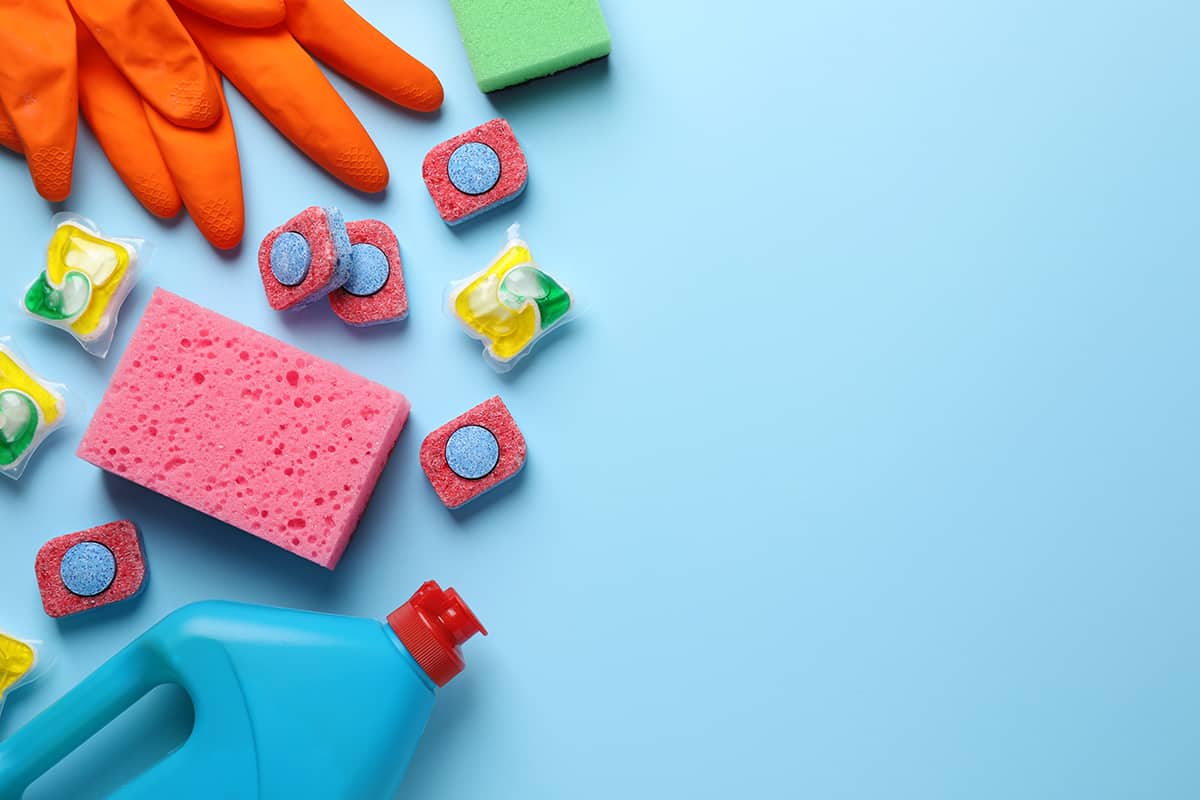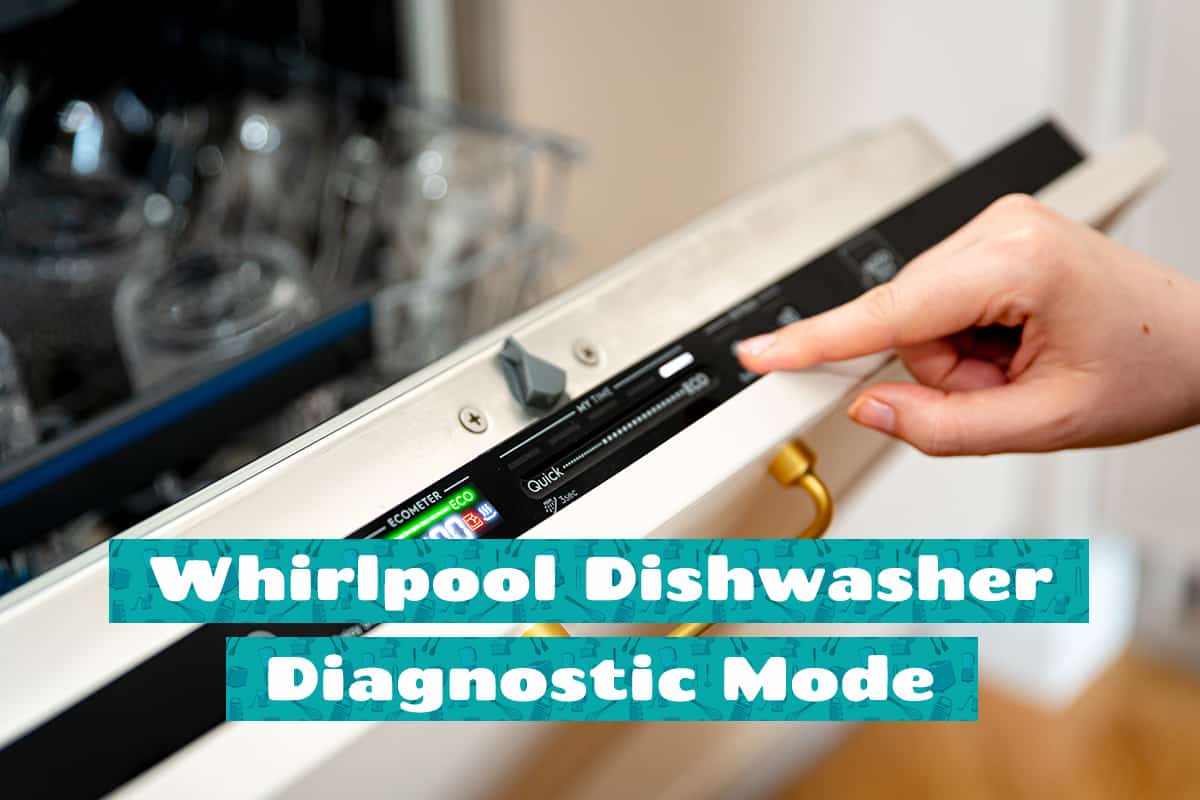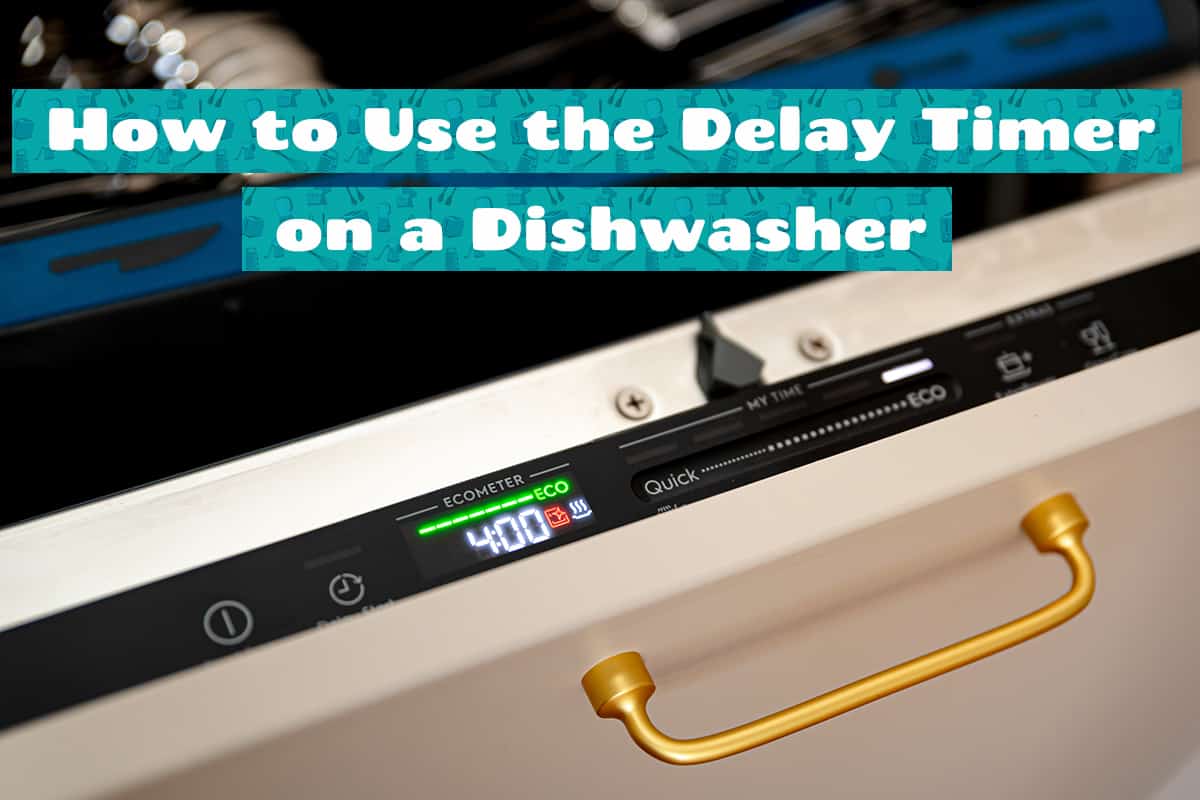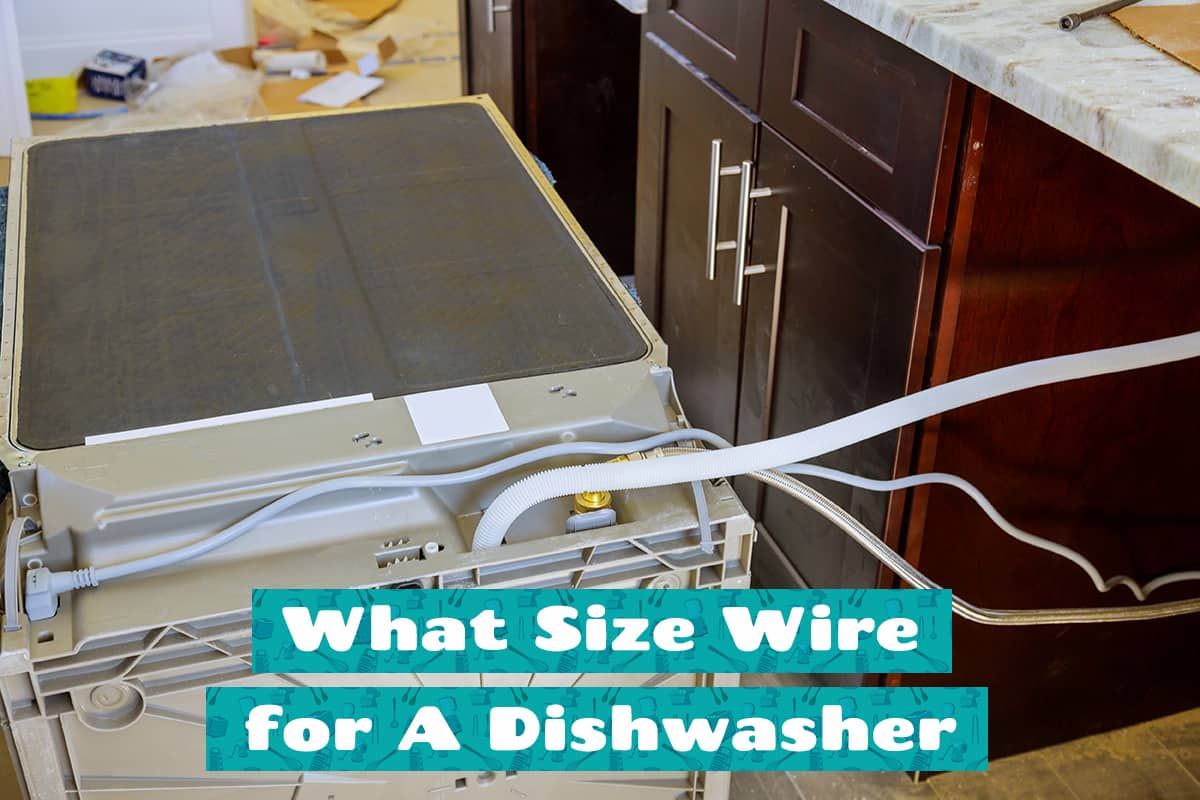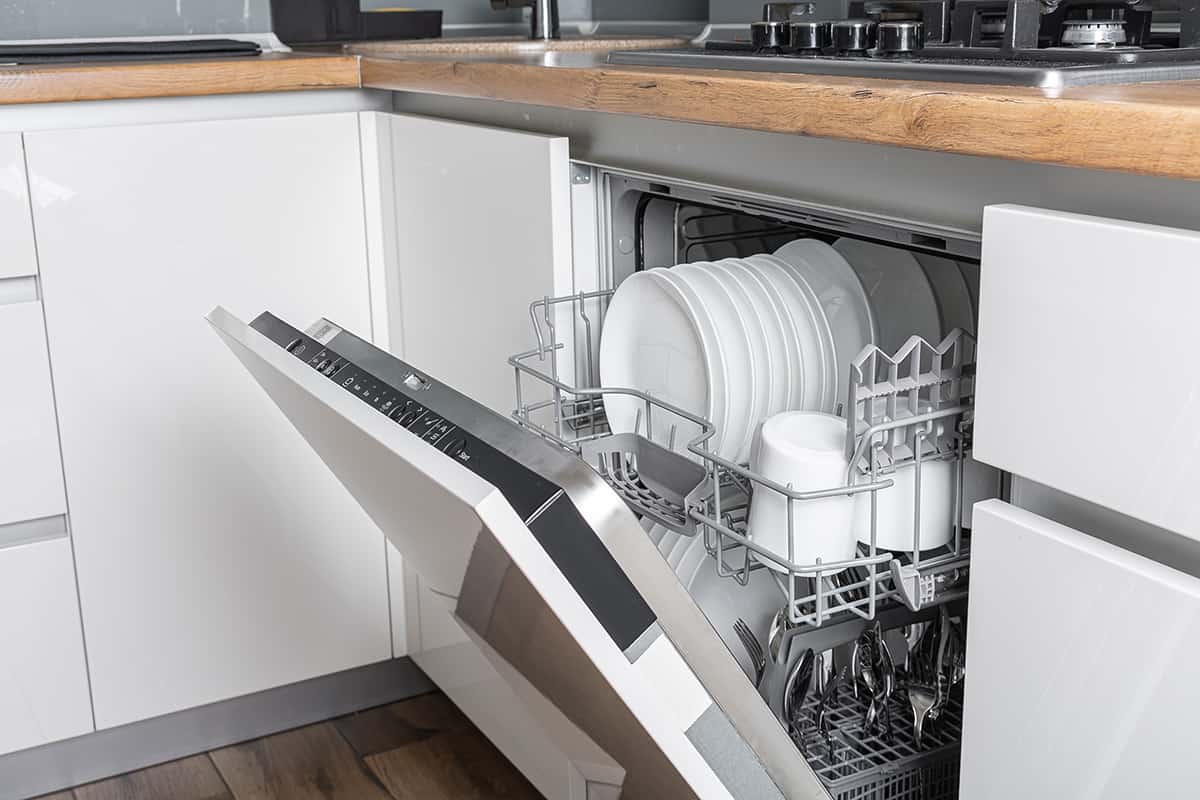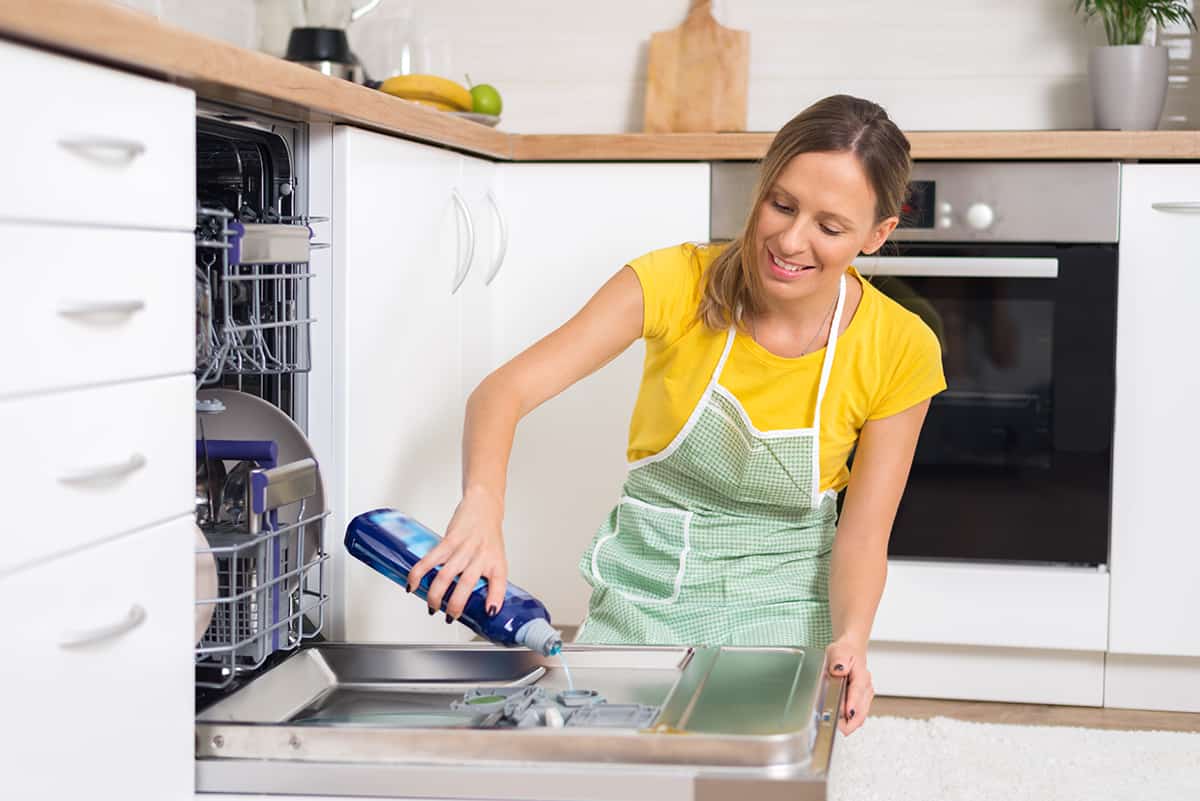Before you run your dishwasher, make sure the detergent dispenser has enough detergent packed in. On the off-chance you don’t have any and don’t want to make a quick trip to the supermarket, you may find yourself asking whether you can use anything else in place of dishwasher detergent.
Instead of dishwasher detergent, you can use:
- Baking soda and vinegar
- Lemon juice
- Borax
- Homemade detergent recipes
This article will explore various alternatives to dishwasher detergent, explaining how they work and providing easy-to-follow instructions.
The Science Behind Dishwasher Detergents
Dishwasher detergents work by breaking up food particles and removing stains from dishes. They contain special chemicals called enzymes and surfactants.
Enzymes in the detergent break down food particles, while surfactants remove grease and help water mix with dirt. The detergent also contains chemicals that help to dissolve minerals found in hard water, which can cause spots and film on dishes.
Some dishwasher detergents contain phosphates (PDF), which can harm the environment. Phosphates can cause water pollution, leading to problems for plants and animals living in water.
Dishwasher Detergent Alternatives
There are many alternatives to dishwasher detergent that can clean your dishes just as effectively. Let’s explore some of the most popular options and learn how to use them properly.
1. Baking soda and vinegar
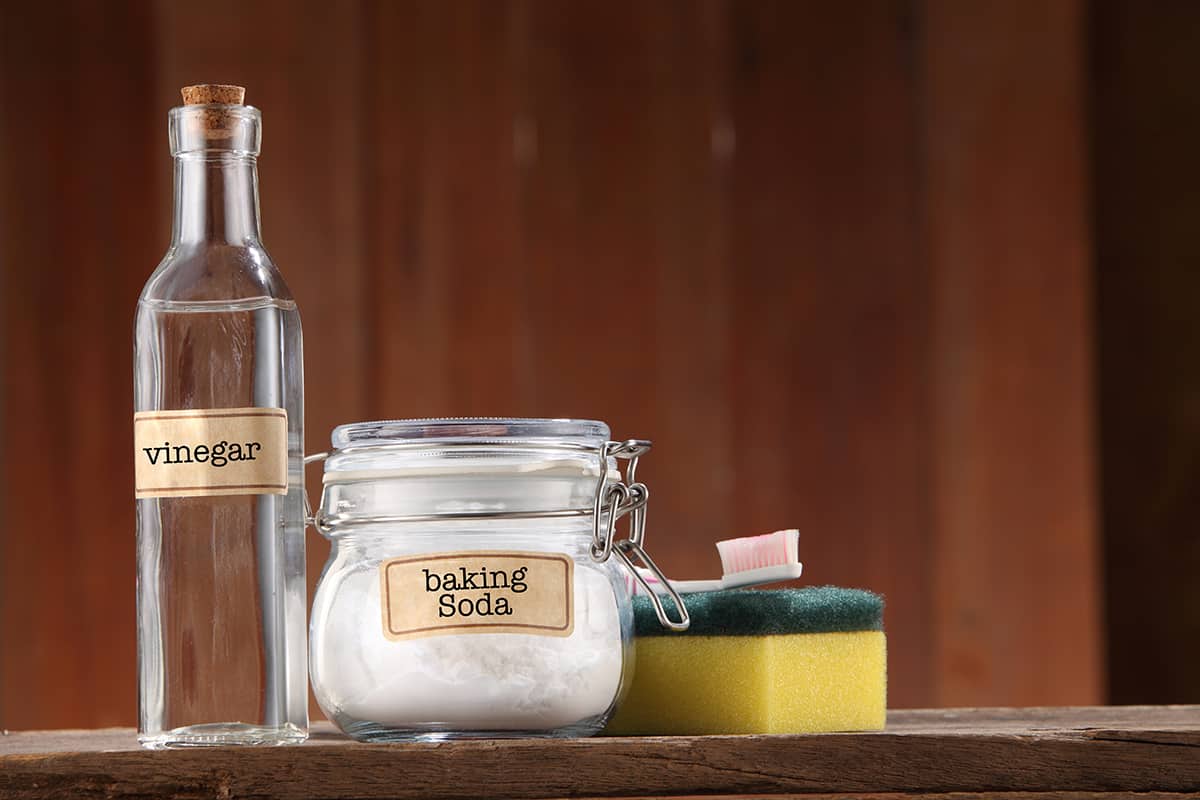
Baking soda and vinegar are common household items that can be used to clean dishes in a dishwasher.
Benefits and precautions
Baking soda is a gentle abrasive that can help remove stuck-on food; white vinegar works as a natural disinfectant. They are both eco-friendly and affordable. However, don’t mix them directly, as they can create a lot of foam and cause pressure buildup in your dishwasher.
How to use this combination effectively
Add 1-2 tablespoons of baking soda to the detergent compartment and mix 1 cup of white vinegar with water and add the solution to the bottom of your dishwasher. Run your regular cycle.
2. Lemon juice
Lemon juice, with its natural acidity, can be used as an alternative to dishwasher detergent.
Citric acid as a cleaning agent
The citric acid in lemon juice helps dissolve grease and remove stains from dishes.
How to incorporate lemon juice into your dishwasher routine
Mix 1 cup of lemon juice with 1 cup of water and pour the solution into the detergent compartment. Run your regular dishwasher cycle.
3. Borax
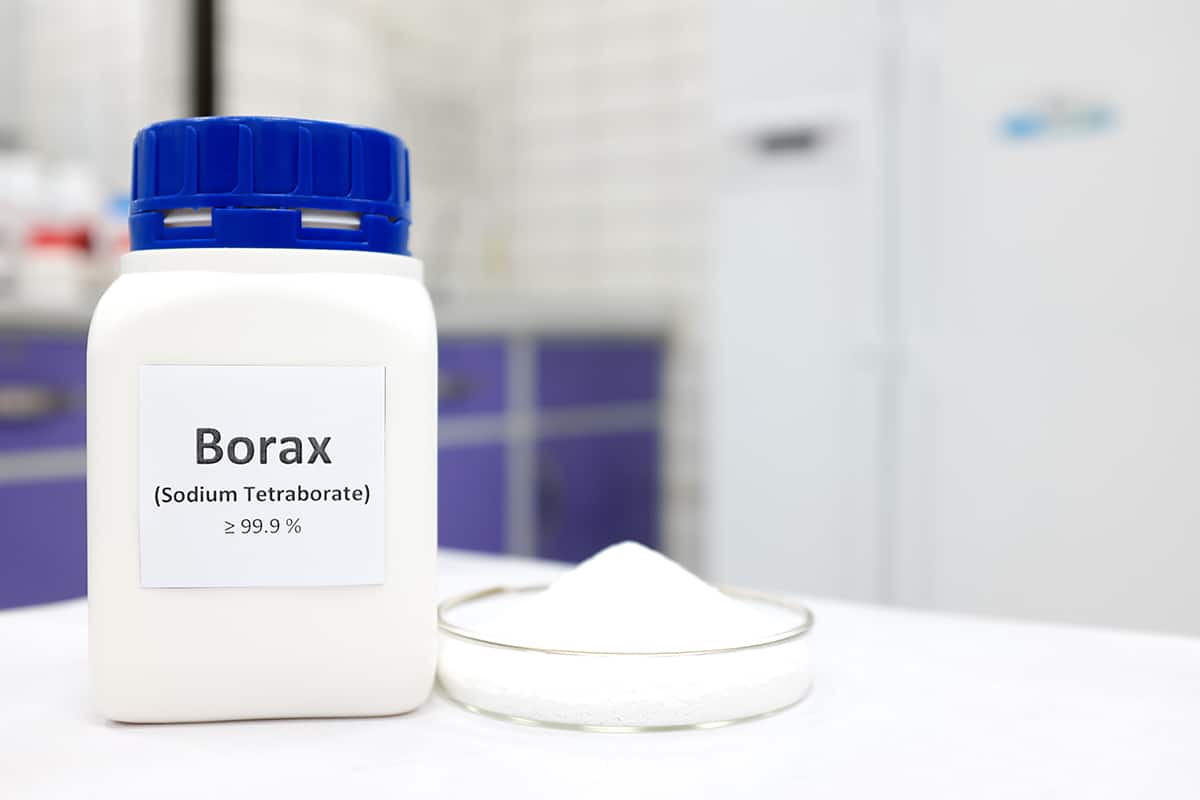
Borax is a natural mineral that can be used as an alternative to dishwasher detergent. It is a powerful cleaning agent that can remove stains and odors from dishes. However, it can be harmful if swallowed, so keep it away from children and pets.
Proper application in your dishwasher
Mix one tablespoon of borax with one tablespoon of baking soda and add it to the detergent compartment. Run your dishwasher as usual.
4. Homemade Dishwasher Detergent Recipes
You can also create your own dishwasher detergent at home using simple ingredients.
Simple homemade detergent
Mix 1 cup of washing soda, 1 cup of baking soda, and 1 cup of kosher salt.
This recipe is eco-friendly and affordable. However, it may not be as effective at removing tough stains as commercial detergents.
5. Citrus-infused detergent

Combine 1 cup of washing soda, 1 cup of baking soda, 1 cup of kosher salt, and 1 cup of citric acid. Add a few drops of lemon or orange essential oil for a fresh scent.
This detergent is effective at removing stains and is safe for the environment. The added citric acid helps remove hard water deposits.
Tablet alternatives
Mix 1 cup of washing soda, 1 cup of baking soda, 1/2 cup of citric acid, and 1/4 cup of coarse salt. Add water to create a paste. Press the paste into an ice cube tray and let it dry for 24 hours. Pop out the tablets and store them in an airtight container.
Use one tablet per dishwasher load. For stubborn stains, add a few drops of white vinegar to the bottom of the dishwasher before starting the cycle.
6. Commercial Dishwasher Detergent Substitutes
If you prefer store-bought alternatives, there are eco-friendly options available.
Eco-friendly detergent brands
Top choices and their benefits—Some popular eco-friendly dishwasher detergent brands include Seventh Generation, Ecover, and Method. These brands are free of harmful chemicals, like phosphates, and use plant-based ingredients to clean dishes effectively.
Non-detergent dishwasher-safe cleaning products
There are some non-detergent cleaning products designed for dishwashers, such as dishwasher cleaning tablets or dishwasher booster additives. These products can help remove residue, grease, and mineral buildup in your dishwasher, improving its overall performance.
If you’re experiencing issues with your dishwasher’s performance or if you have particularly hard water, using non-detergent dishwasher-safe cleaning products may help improve the cleanliness of your dishes. However, they should not be used as a complete replacement for dishwasher detergent or its alternatives.
Additional Tips for Effective Dishwashing
For the best results when using dishwasher detergent alternatives, follow these helpful tips:
Proper loading techniques
- Don’t overcrowd your dishwasher—Give your dishes enough space so water and detergent can reach all surfaces. Overcrowding can lead to poorly cleaned dishes.
- Organize dishes by size—Place larger items like pots and pans on the bottom rack and smaller items like cups and glasses on the top rack. Make sure all items are facing down or at an angle to allow water to drain off easily.
- Separate silverware—Use the silverware basket to keep utensils separated. This helps prevent them from sticking together and ensures they get cleaned properly.
Dishwasher maintenance
- Clean the filter—Regularly remove and clean your dishwasher’s filter to prevent buildup in the dishwasher and keep your dishwasher running efficiently.
- Check the spray arms—Make sure the spray arms can spin freely and are not clogged with food particles. Clean them with a toothbrush or pipe cleaner if necessary.
- Inspect the door seal—Wipe down the door seal with a damp cloth to remove food debris and prevent leaks.
Water temperature and cycle settings
- Use hot water—Hot water helps dissolve and remove grease more effectively. Make sure your water heater is set to a temperature between 120-150°F for optimal cleaning.
- Choose the right cycle—Use a heavier cycle for dirtier loads or when using eco-friendly alternatives to ensure proper cleaning. Lighter cycles can be used for less dirty dishes.
Rinsing and pre-washing
- Scrape off excess food—Before placing dishes in the dishwasher, scrape off large food particles to help the detergent work more effectively.
- Rinse when needed—If dishes are particularly dirty or have dried-on food, give them a quick rinse before loading them into the dishwasher.
Dealing with hard water
- Use a water softener—If you have hard water, consider using a water softener such as dishwasher salt, which you can use to place in the dishwasher salt compartment to help prevent mineral buildup on your dishes and improve cleaning performance.
- Add rinse aid—Using a rinse aid can help reduce water spots and mineral buildup on your dishes.
Can You Use Regular Dish Soap in the Dishwasher?
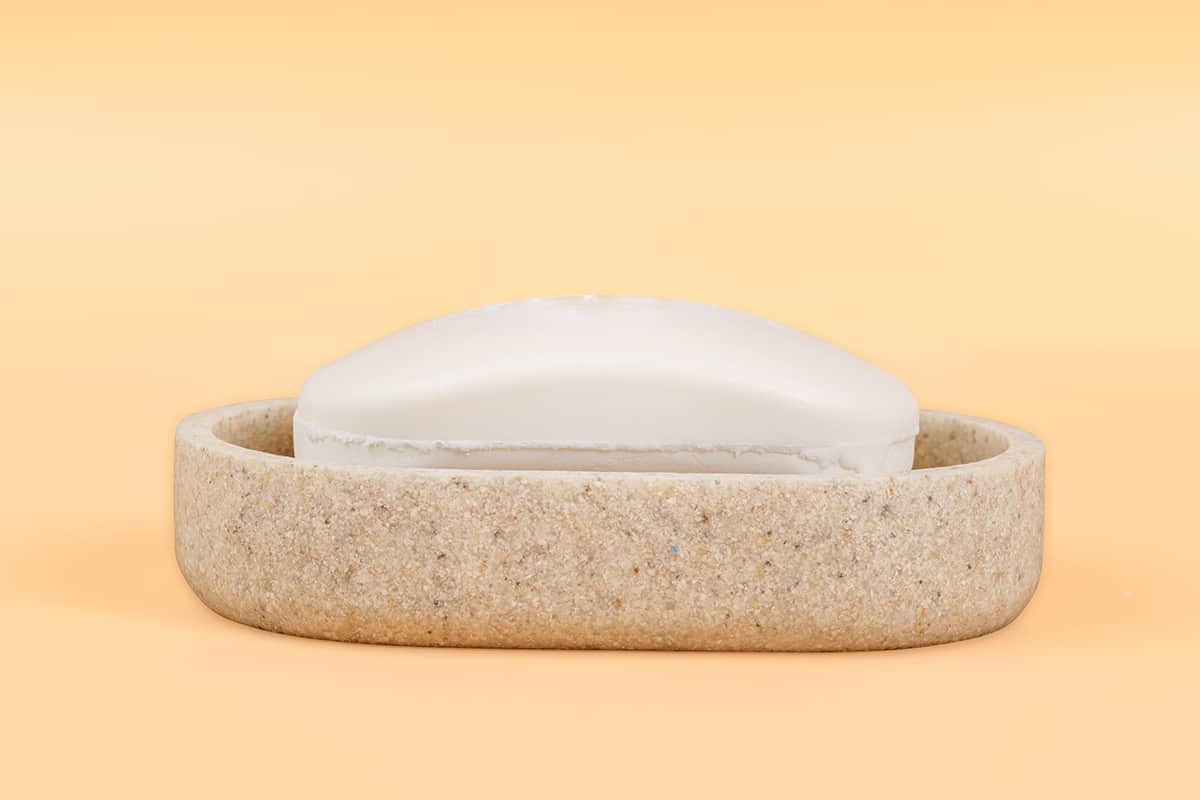
No, you should not use regular dish soap in the dishwasher. Dish soap is different from dishwasher detergent and can cause several problems if used in a dishwasher.
First, dish soap produces a lot of foam and suds. When used in a dishwasher, it can create an overflow of bubbles, which can leak from the appliance and make a mess in your kitchen.
Second, the foam can interfere with the dishwasher’s ability to clean your dishes effectively. The excess bubbles can prevent the water and dishwasher detergent from reaching all surfaces of your dishes, leaving them dirty.
Lastly, using dish soap in a dishwasher can damage the appliance itself. The soap can leave a residue on the dishwasher’s internal parts, which can lead to clogs, poor performance, and even potential breakdowns.
